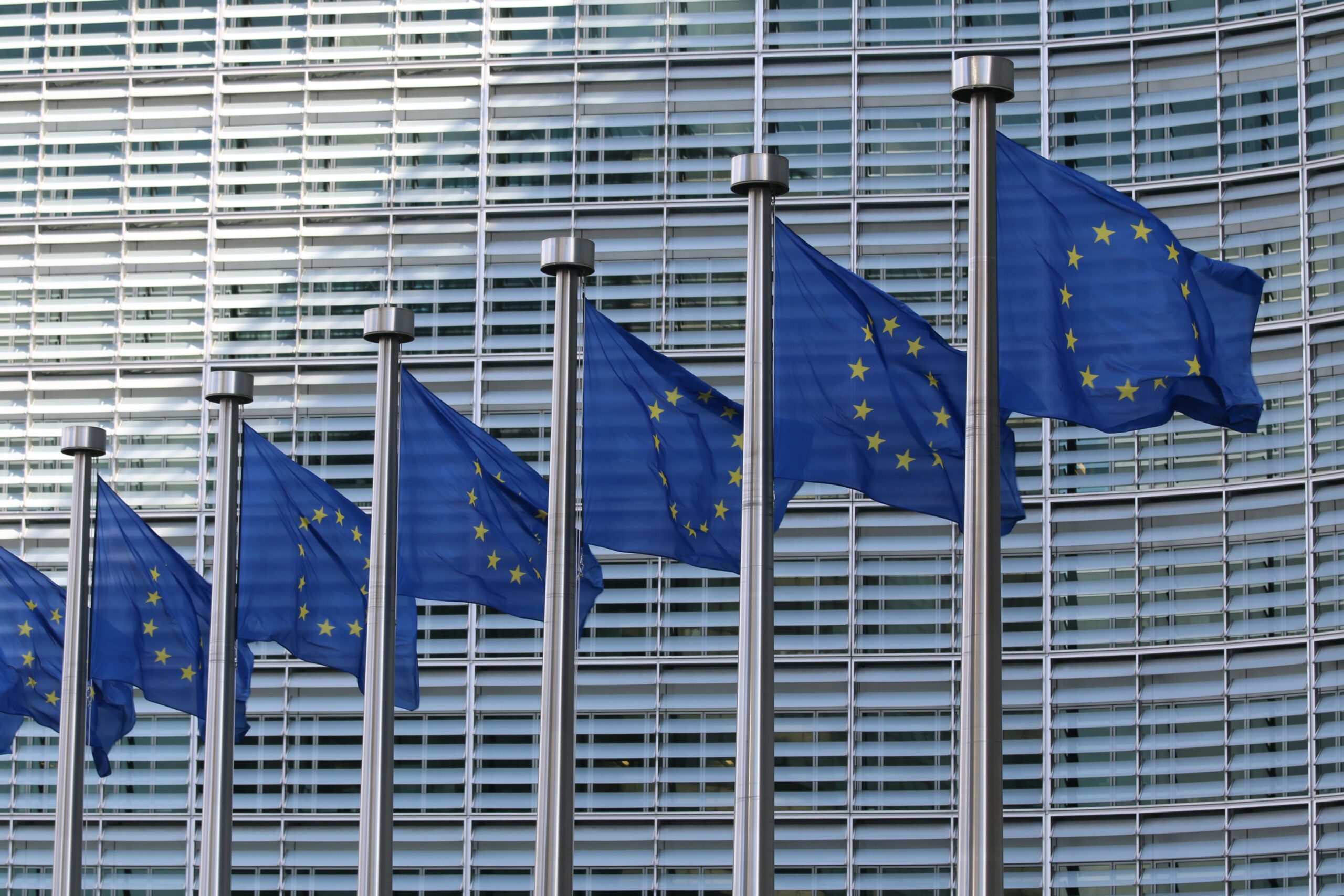Publicado nessa semana, o quinto relatório geral do grupo de experts da União Europeia que combate a violência contra mulheres e a violência doméstica, o GRIEVO (Group of Experts on Action against Violence against Women and Domestic Violence – 5th Gerenal Repport), no qual, novamente, é denunciado o uso da pseudociência “alienação parental”, como uma forma de perpetuar a violência contra as mulheres e criança.
A alienação parental é, de forma unânime, conceituada como uma pseudociência por todas as entidades respeitáveis mundo afora.
Trecho que se extrai do relatório:
“In several of its reports, it found the application of such concepts, including the scientifically unfounded concept of “parental alienation syndrome” to downplay the level of abuse, to disregard the gender-based nature of domestic violence and to ignore essential aspects of child welfare in Andorra, Belgium, Croatia, Cyprus, Estonia, France, Germany, Greece, Iceland, Ireland, Italy, Luxembourg, Poland, Romania and Spain.82 For this reason, GREVIO has repeatedly voiced grave concern over the use of such concepts and has pointed repeatedly to its lacking scientific foundation. It consistently refers to the statement of December 2017 by the European Association for Psychotherapy (EAP), which draws attention to the fact that the concepts of “parental alienation syndrome” (PAS) and “parental alienation” (PA) are unsuitable for use in any psychotherapeutic practice. Similarly, the United Nations Special Rapporteur on violence against women and girls, its causes and consequences, has pointed to the harmful impact recourse to such scientifically unfounded concepts as “parental alienation” lead to”. (page 42)
Para acesso ao relatório:





